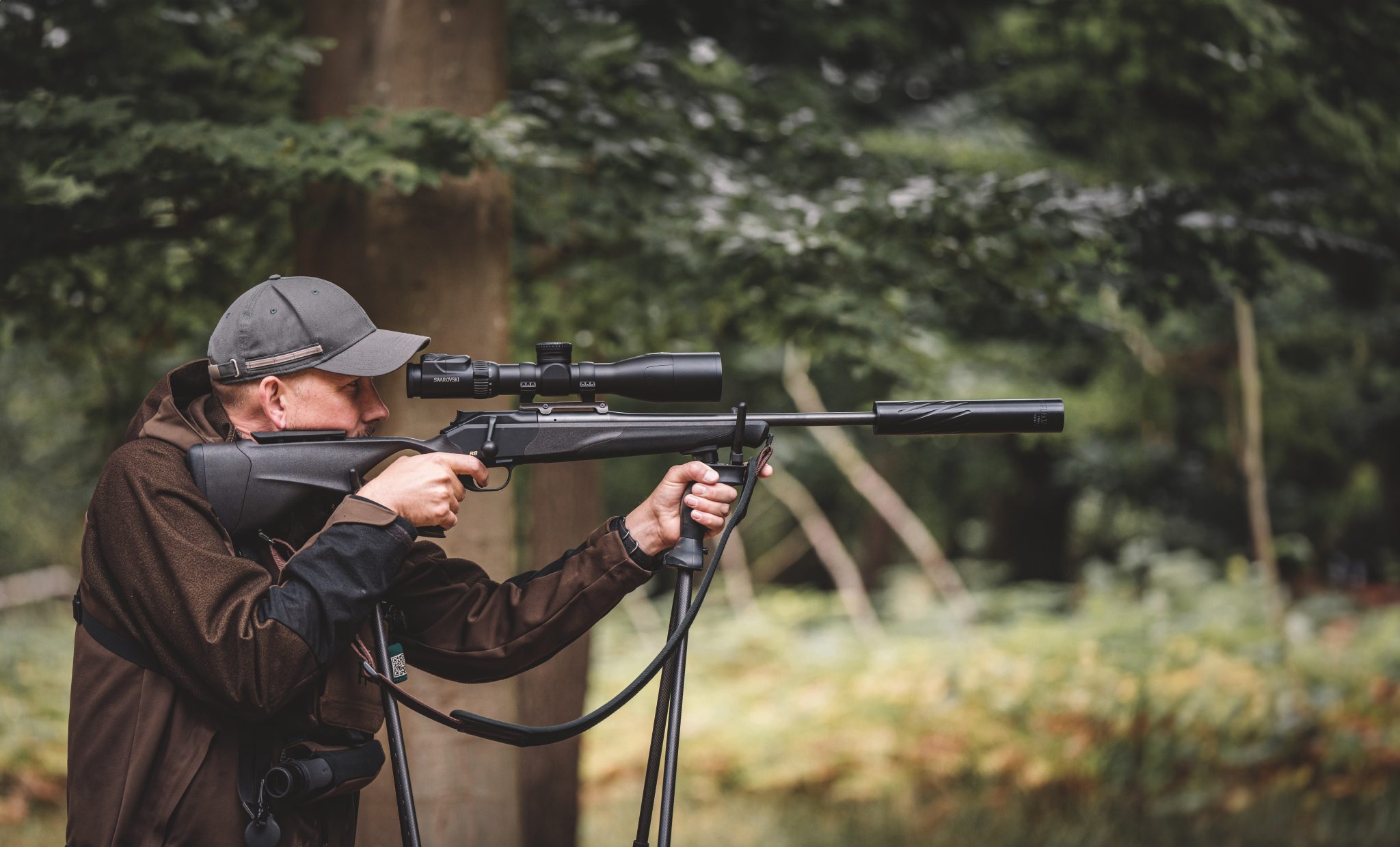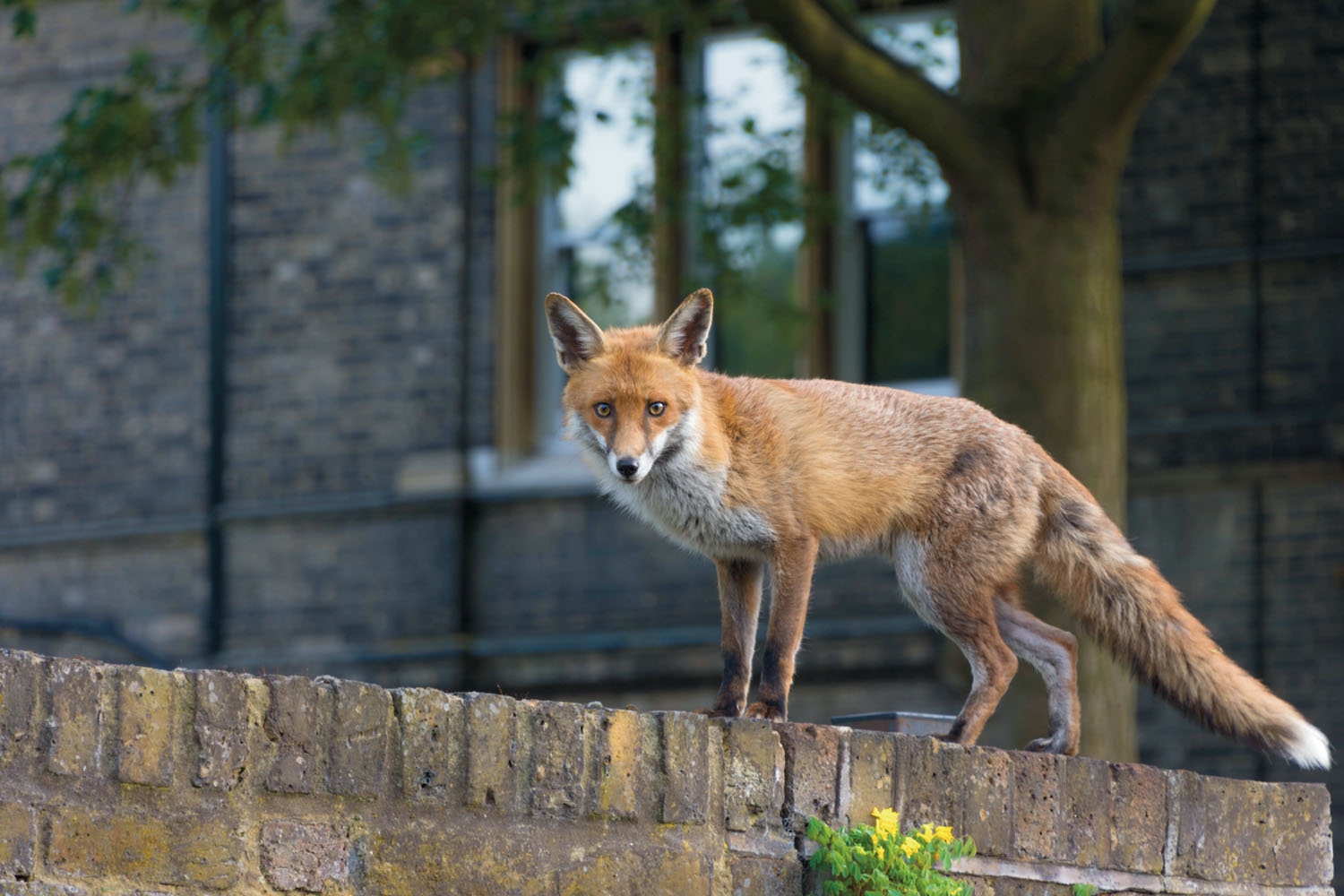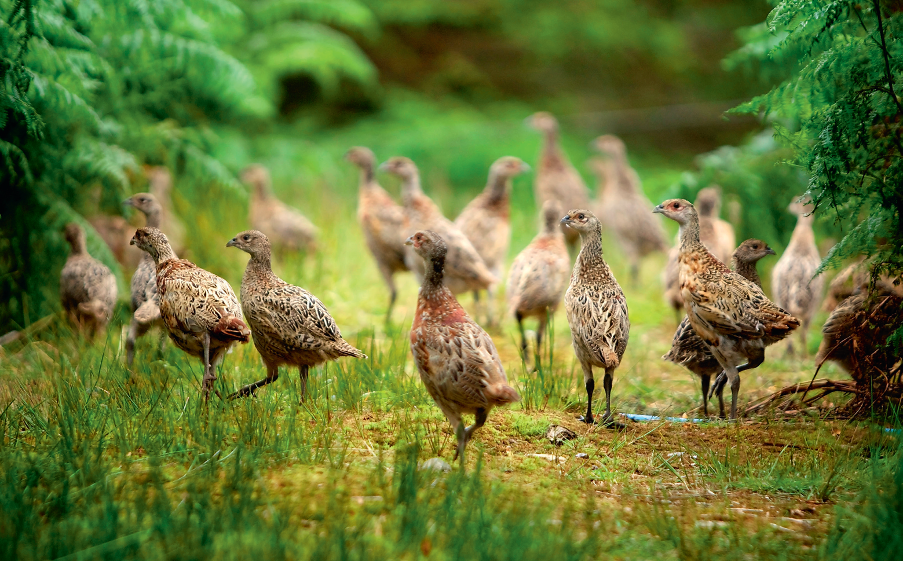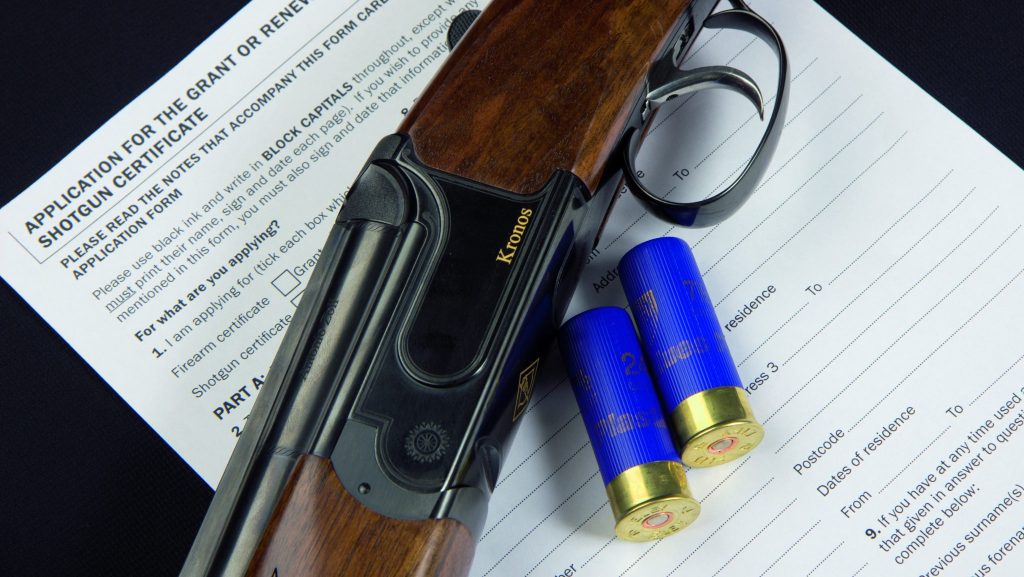★ Win a Schöffel Country shooting coat for everyone in your syndicate worth up to £6,000! Enter here ★
Is it legal to shoot parakeets?
It's legal ton shoot a couple of parakeets species under general licence
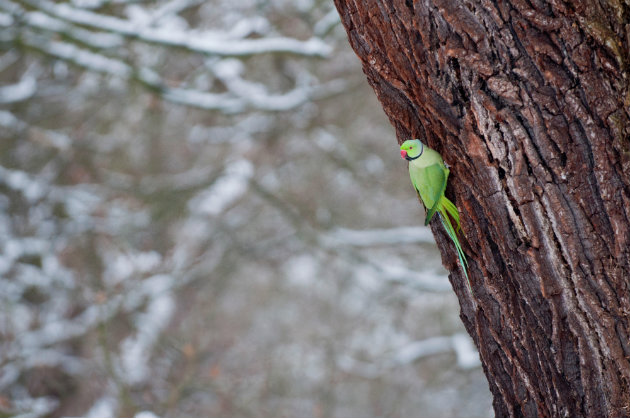
Q: I have a gun in a roving syndicate. The other day we were on a shoot when a large number of parakeets flew over. Nobody shot at them but we wondered if we could have done.
A: Ring-necked parakeets are an introduced species and are now found in very large numbers running to tens of thousands, especially in London and the South-East. They eat fruit and seeds and are regarded as an agricultural pest.
They also use nesting sites, especially holes in trees, which would otherwise be used by native species.
The ring-necked parakeet, an Afro-Asian species, is the most common parakeet in the UK but in many ways the most serious problem is the less common monk parakeet which originates in South America. As well as being an agricultural pest its nesting habits pose a threat to power lines etc. (Read more on ring-necked and monk parakeets here.)
Parakeets are on the general licence
Both species may be shot under general licence and the aim is to eradicate the monk parakeet altogether.
Ring-necked parakeets are often seen in large flocks and can provide challenging shooting. Only the adult male has the characteristic neck ring whilst females and sub adults have plain green upper parts and yellowish and grey undersides.
Does cold weather kill off ring-necked parakeets?
Q: When ring-necked parakeets first started appearing around my home in Surrey I was assured that the first really cold winter would kill them. That was 25 years ago, and we have had sufficient cold winters since then for this to be proven wrong. Are they tougher than everyone thought?
It appears that many people underestimated the ring-necked parakeet, forgetting that in its extensive natural range it is hugely adaptable. In Africa, it is found naturally south of the tropic of Cancer and north of the Equator, but on the Indian subcontinent it ranges as high as 4,000ft in the Himalayas, in areas where the winters can be very cold. It is a bird that is able to withstand freezing temperatures, especially when it can raid bird tables for food, as it does in England.
The most widely distributed of all the “old world” parrots, this parakeet now thrives in many European cities, from Lisbon to London, while feral populations have become established in many other countries, from Egypt to Hong Kong. It will take a lot more than frost and snow to get rid of the birds in England.
Related Articles
Get the latest news delivered direct to your door
Subscribe to Shooting Times & Country
Discover the ultimate companion for field sports enthusiasts with Shooting Times & Country Magazine, the UK’s leading weekly publication that has been at the forefront of shooting culture since 1882. Subscribers gain access to expert tips, comprehensive gear reviews, seasonal advice and a vibrant community of like-minded shooters.
Save on shop price when you subscribe with weekly issues featuring in-depth articles on gundog training, exclusive member offers and access to the digital back issue library. A Shooting Times & Country subscription is more than a magazine, don’t just read about the countryside; immerse yourself in its most authoritative and engaging publication.




